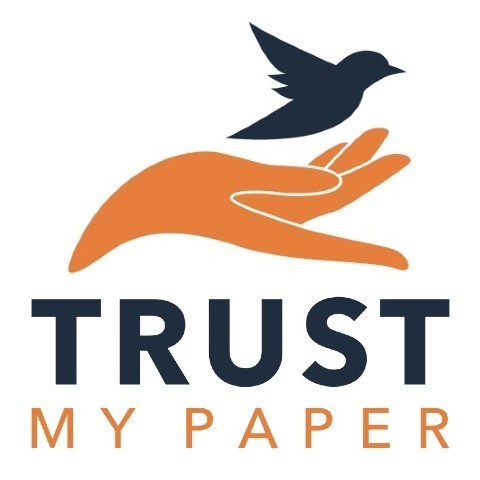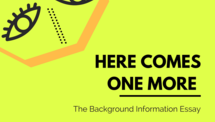When you have to write an essay, you can’t just use any resource for it. They have to be credible and authoritative enough to prove that there is some basis behind your statements. Otherwise, your reader won’t be able to tell that your statement is true. Aside from helping you find the best websites to use for research, we will also help you differentiate between a credible website and an unreliable one.
First things first, when you are looking for reliable resource websites, you need to start browsing for them. Open your search engines and, as you are looking for information on the topic, keep the following tips in mind:
-
Dodge Wikipedia
As much as possible, you might want to cross Wikipedia off when you are looking for a reliable website for resources. It might be a great pool of information, but it’s not considered reliable as it can be edited by the public. Because of this, you risk adding inaccurate information – which is why most professors frown upon seeing it. Usually, the inaccurate information is verified and removed, but why take the risk?
Indeed, you may look for certain pieces of information on Wikipedia, but do not take their word for granted. At most, you can use it to find certain facts, but once you have that information, look it up elsewhere. Double-check and see if you can find other reliable sources claiming the same thing – and then use that source in your bibliography.
-
Go for Scholarly Databases
Obviously, when you are writing an essay, a scholarly database should be your best friend here. This is where you may often find academic journals that can help you in writing down your essay. The Google Scholar search engine can be your good friend here, as it will connect you with these academic journals. Since these journals and articles have been approved for scholarly use, it’s most likely safe to use it as your resource as well.
-
Go for Government and Educational Websites
So, what are reliable websites for research? In most cases, it means they have been checked enough times for the accuracy, deeming it “authoritative.” Government and educational websites are always checked for accuracy and are often approved for research. In most cases, if a website you are looking at finishes with .gov, org., or .edu, then chances are high that you have stumbled across websites that are good enough for research.
-
Double Check the Author
When looking for the best website for research paper, you should always double and triple-check the author. You can’t just use any blog spot written by a random person on the internet that has no qualifying background. These people may read something on the internet and then call themselves experts, but you should not take their word for it.
Be skeptical of everyone and always demand verification. Compare the information and the websites and see if the author is qualified to say what they just did. Are they published authors? Are they actual professors in the field? Can you find anything about them on their reputation on the internet? Yes, you will practically have to research the research – but at least, you’ll know that the website you have chosen is credible.
-
Consult Bibliographies
Even if a website you found does not seem as reliable, you might find some leads by looking in the bibliography list. Even if the website hasn’t yet made it to the top ranks when it comes to educational or research websites, the author may have still used some research that will come in handy to you. It will provide a sense of direction and may give you a few tips on where to find good information.
When looking for resources in bibliographies, look up .edu websites for research. Since those pages stand exactly for educational resources, they are likely your best bet to write a professional essay. Org domains will also look good, but .edu ones are the type that will appeal the most to the professors.
-
Speak with a Librarian
As the last step, if you are really out of ideas on how to find resources, then you may want to ask a librarian for advice. They have likely stumbled across their fair share of resources, and since we are in the modern age, they likely know many websites too.
Final Thoughts
In the end, the more journalistic a resource seems, the likelier it can be used as a resource. Edi websites are your best bet here, but you may also experiment with other educational resources. Make sure that they are well-researched and written by someone that knows what they are saying. You might want to read a review or two on the resources before you begin using them.








